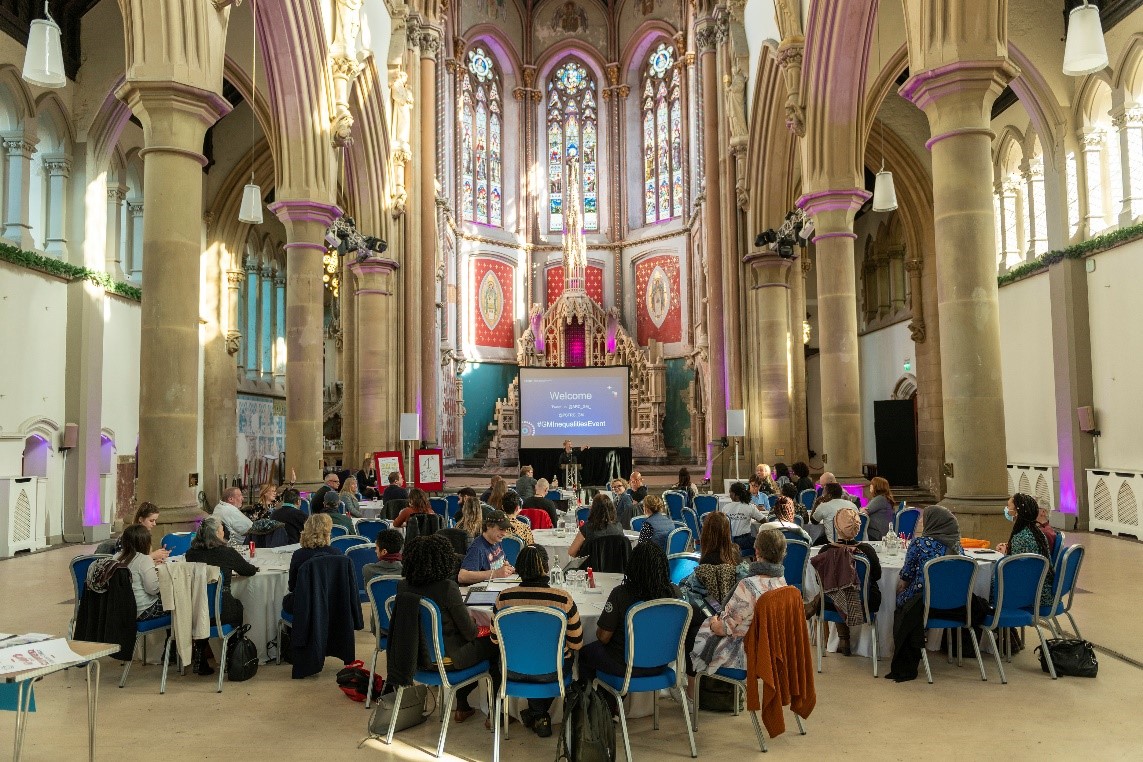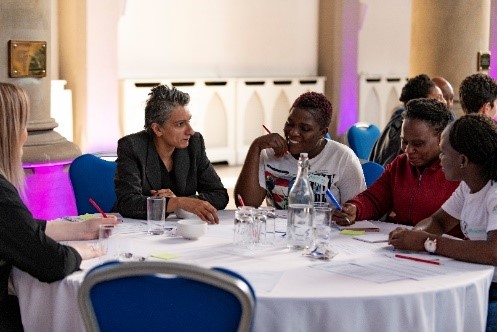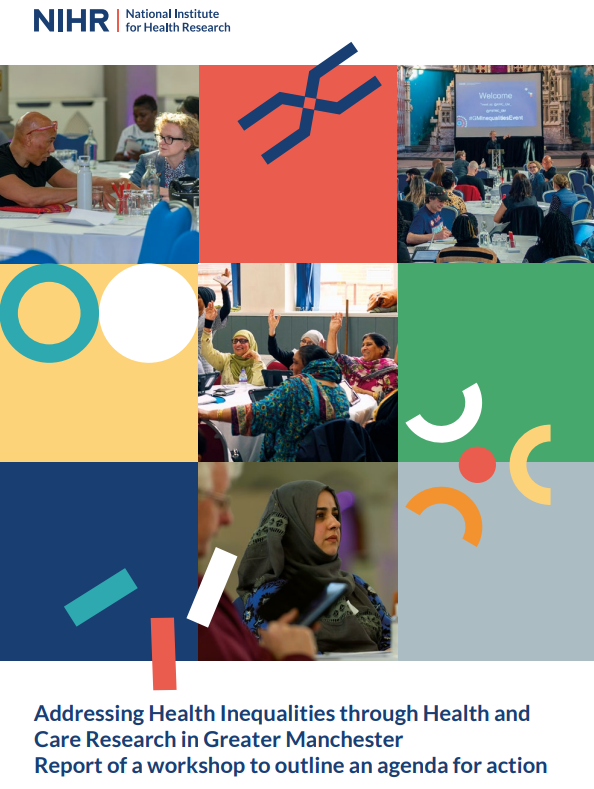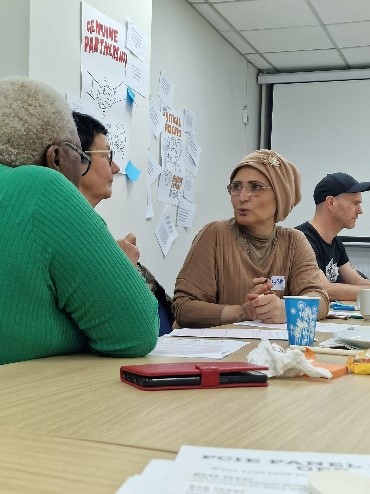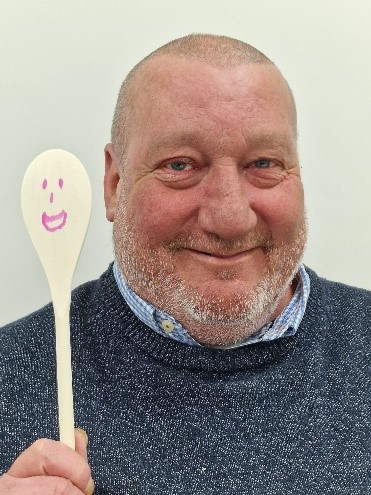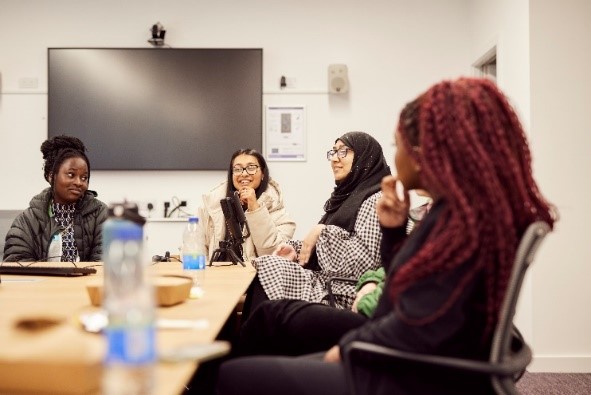news
Women in the North of England live shorter lives, work more hours for less pay, are more likely to be an unpaid carer, and more likely to live in poverty than women in other regions of England, according to new research published today.
The damning research – published by Health Equity North – has laid bare the unequal challenges faced by women living in the North of England.
It exposes the growing regional inequalities over the last decade and the impact this has on women’s quality of life, health, work, their families and communities.
‘Woman of the North: Inequality, health and work’ finds that women living in the North have lower healthy life expectancy, fewer qualifications, worse mental health, and are more likely to suffer domestic violence or to end up in the criminal justice system than their counterparts in the rest of England. In addition, infant mortality is higher and abortions are more common.
The economic cost of these inequalities is also explored in the report which estimates women in the North lose out on a staggering £132m every week, compared to what they would get paid if wages were the same as women in the rest of the country.
Women in the North also contribute £10bn of unpaid care to the UK economy each year.
The report, which has been backed by the North’s two female Mayors Tracy Brabin and Kim McGuinness, puts into sharp focus the devastating effects that austerity, the cost-of-living crisis, economic uncertainty, the pandemic and unequal funding formulas have had on women in northern regions.
The research found:
- Girls born in the North East, North West and Yorkshire and the Humber between 2018 and 2020 can only expect to live in good health until 59.7, 62.4 and 62.1 years, respectively. This is up to four years less than the national average and up to six years less than girls born in the South East.
- Women in the North are paid less for their work. They lose out on £132m every week, around £6.86bn a year, compared to what they’d get if they were paid the same wages as women in the rest of the country.
- The average weekly wage for a full-time working woman in the North East is £569, £598 in the North West and £567 in Yorkshire and the Humber - much lower than the national average (£625) and considerably lower than for women in London (£757).
- Women in the North contribute £10bn of unpaid care to the UK economy each year. This is £2bn a year more than if they provided the national average of unpaid care.
- One in five women aged 55-59 in the North of England provides care to a family member because of illness, disability, mental illness or substance use.
- The North showed the biggest increases in abortion rates between 2012 and 2021. There has been a demonstrable relationship between austerity, the implementation of the two-child limit, and increased rate of abortions.
- Over 25% of pregnant women in the northern regions of England are living in the most deprived 10% of areas with 40% living in the top 20% most deprived areas. In contrast, fewer than 5% of pregnant women in the South East live in the most deprived 10% of areas.
- There is higher prevalence of severe mental conditions, such as bipolar disorder and schizophrenia the North West and North East compared to the South and Yorkshire and Humber. The proportion of women with a diagnosis of a mental health condition who were receiving a treatment was lower in the North West and North East than in the South and Yorkshire and the Humber, indicating a treatment gap between regions.
- Women in the North of England suffer the highest rates of domestic violence abuse in the country. The highest rates are in the North East at 19 per 1,000 population followed by 17 in Yorkshire and the Humber then 15 in the North West. The average for the rest of England is 11.
- Of the recorded deaths per 100,000 from alcohol-specific causes in 2021, women in the North East (13.9), North West (13.8) and Yorkshire and the Humber (11.7) had the highest rates of deaths in women in England.
- In 2022, nine of the 10 police areas with the highest rates of female imprisonment were in the North of England.
A team of more than 70 academic, health, social care and policy professionals from across the North contributed to the report to explore some of the social determinants of health for women, and how they play out in the overall health of women in the region.
The extensive research covers employment and education, Universal Credit, poverty, caring, health and life expectancy, pregnancy and reproductive health, sexual health, mental health, domestic violence, criminal justice involvement, stigma, and marginalised women.
The report recommends a wide range of evidence-informed policy solutions for central government, regional government and the health service which, if implemented, could improve the current situation for women’s health.
Hannah Davies, Executive Director at Health Equity North, said:
“Our report provides damning evidence of how women in the North are being failed across the whole span of their lives. Over the last 10 years, women in the North have been falling behind their counterparts in the rest of country, both in terms of the wider determinants of health and, consequently, inequalities in their health.
“There is a lot of work that needs to be done to turn the tide on the years of damage detailed in this report. But the situation for women’s health in the North can be changed for the better through evidence-based policy interventions.
“We need to see policymakers build on the ambitions outlined in the Women’s Health Strategy for England with focused effort to understand and address the regional inequalities in the many different facets of women’s health.”
Professor Kate Pickett OBE, Academic Co-Director at Health Equity North, and Director of the Public Health & Society Research Group and the York Cost of Living Research Group at the University of York, said:
“This report unpacks some of the wide-ranging challenges women face across many aspects of their lives, and the impact of these on their health. For women in the North, these challenges are often felt more deeply.
“We know that much of the inequality we see affecting women in the North is a direct consequence of poverty, which is completely unacceptable in the 6th largest economy in the world. Cuts to welfare and public health funding, the pandemic and the cost-of-living crisis have hit the most deprived communities and the North hardest.
“We hope that the findings and recommendations act as a wake up call for government to make health and addressing health inequalities central to policies going forward.”
Dr Luke Munford, Academic Co-Director at Health Equity North, and Health Economist from the University of Manchester, said:
“The significant economic impact of regional health inequalities relating to women in the North is made staggeringly clear in the findings of our report.
“Women across northern regions have heavy burdens placed on them – they work longer hours and are paid less, and they provide some of the highest levels of unpaid care for their loved ones. But all too often, this can come at a price as we can see in the health outcomes detailed in this research.
“To ensure a more economically prosperous region, we need policies that target the widening health inequalities faced by women in the North.”
Tracy Brabin, Mayor of West Yorkshire, said:
“While the findings of this report will resonate with every woman and girl in West Yorkshire, they must now act as a vital wake up call to everyone in a position of power.
“As political leaders, we all have a responsibility to listen to and act on the lived experience of women and girls, and devolution is helping us to turn the tide in West Yorkshire, with the first ever women’s safety unit in the country and bold action to deliver a Sure Start renaissance.
“I welcome this timely and significant report, and pledge to do all I can to continue building a brighter region that works for all, by always working in partnership with the women and girls of West Yorkshire.”
North East Mayor Kim McGuinness said:
"From leaving school to the boardroom, at home and at work, women and girls across the North bear the brunt of failings in our economy, society and public services. The lack of equality and opportunity that remains ingrained in modern Britain is unacceptable.
"As Mayor I'm determined to make the North East the home of real opportunity - and that means breaking down barriers which hold women and girls back. I will drive wholesale reform of the support we provide in schools, in our skills system, in childcare and in industries where too often women are shut out or overlooked. I welcome this report as a roadmap to a fairer, more equal North of England."
Woman of the North: Inequality, health and work will be launched at an event in parliament on Wednesday, September 11, with the Women’s Health Ambassador for England, Professor Dame Lesley Regan, speaking.
The report recommendations include:
Regional government
- Targeted support delivered to 11–18-year-olds through Careers Hubs at areas of greatest deprivation.
- Negotiate for higher levels of the Adult Education Budget in the North of England than counterparts in the South of England.
- Support benefits uptake for women and help claimants navigate the benefits system. Financial support beyond the current social security system should be extended to groups most in need.
- Support needed for women to transition back to their families and integrate into the community after involvement in the criminal justice system.
Central Government
- Deliver a national health inequalities strategy, convening government departments across Whitehall to put health at the heart of all policies.
- Make a long-term commitment to update benefits in line with inflation. Additionally, policies that punish families, such as the two-child limit, sanctions and the benefit cap must be abolished.
- The Treasury should improve targeted support for pregnant women including reversing restrictions to the Sure Start Maternity Grant and reintroducing the Health in Pregnancy Grant.
- Deliver a sustainable childcare model – linking in with family hubs and next generation Sure Start centres - that enables more women to access education and work opportunities. Also, abolish zero hours contracts to ensure jobs provide stability and security.
Health System
- NHS England should provide additional financial support and investment for Women’s Health Hubs that are established across the North.
- Health services need to be supported to collect routine data on ethnicity and other key demographic data as standard to help deliver better information for service development and improve our understanding of different health needs.
- Explore ways in which their work can be adapted to address health inequalities across different population groups (cultural sensitivity training, adopting a trauma-informed approach to care, and promoting person-centred approaches, including for transgender people and sex workers).
Health Equity North is a virtual institute focused on place-based solutions to public health problems and health inequalities across the North of England. It brings together world-leading academic expertise from the Northern Health Science Alliance’s members of leading universities and hospitals.
Read the report in full here.
Published 03/09/2024
Read More
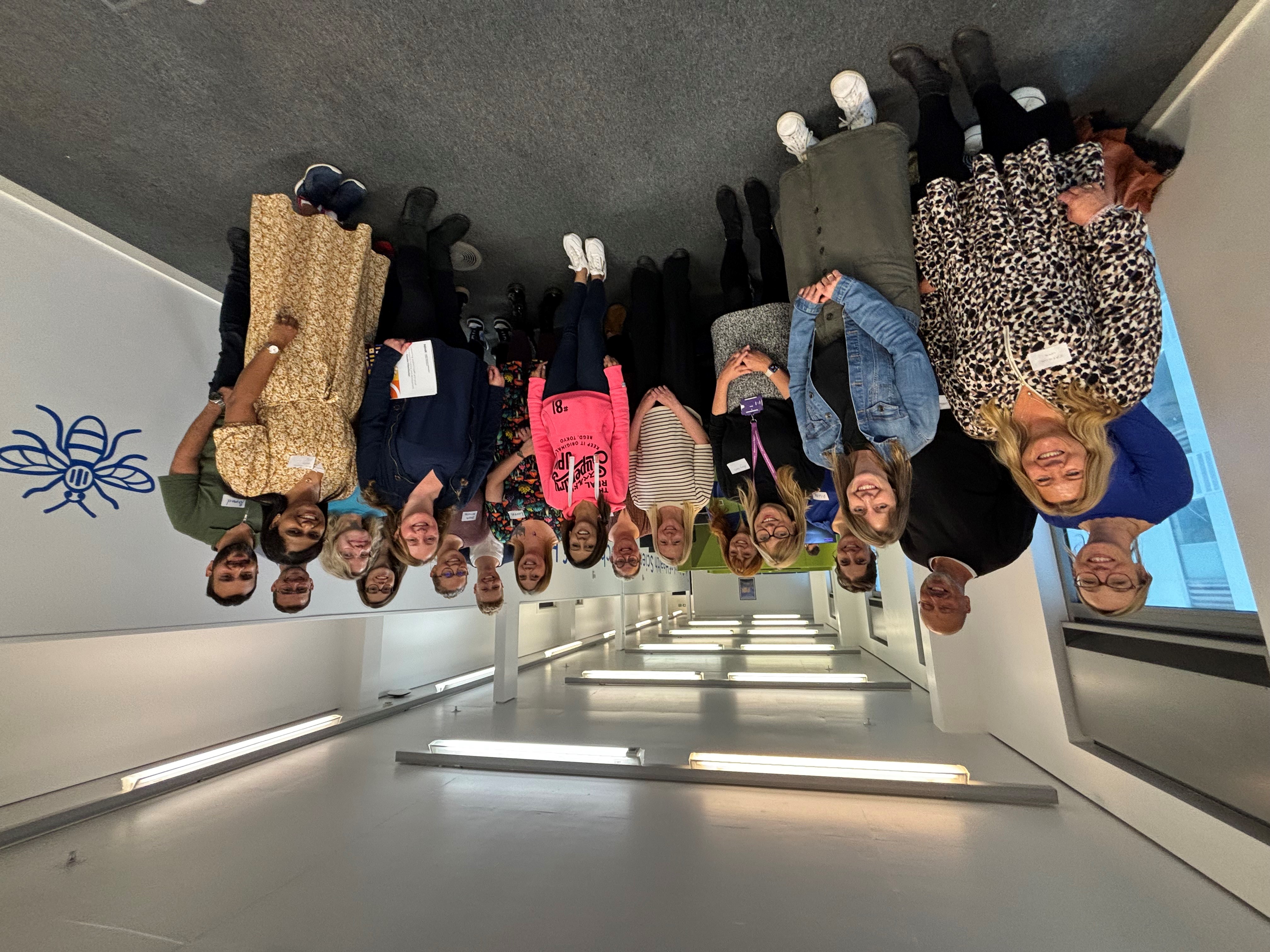
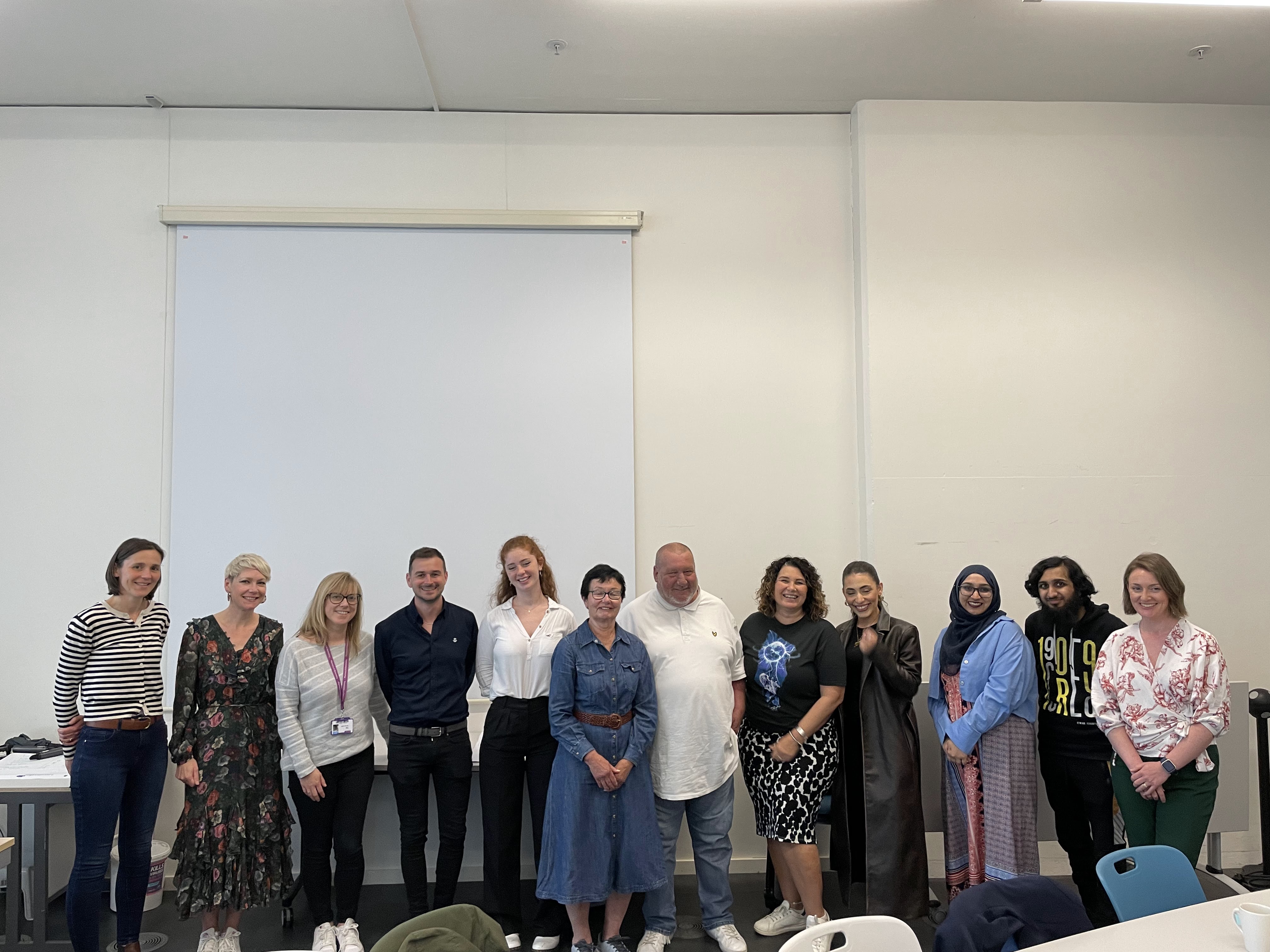

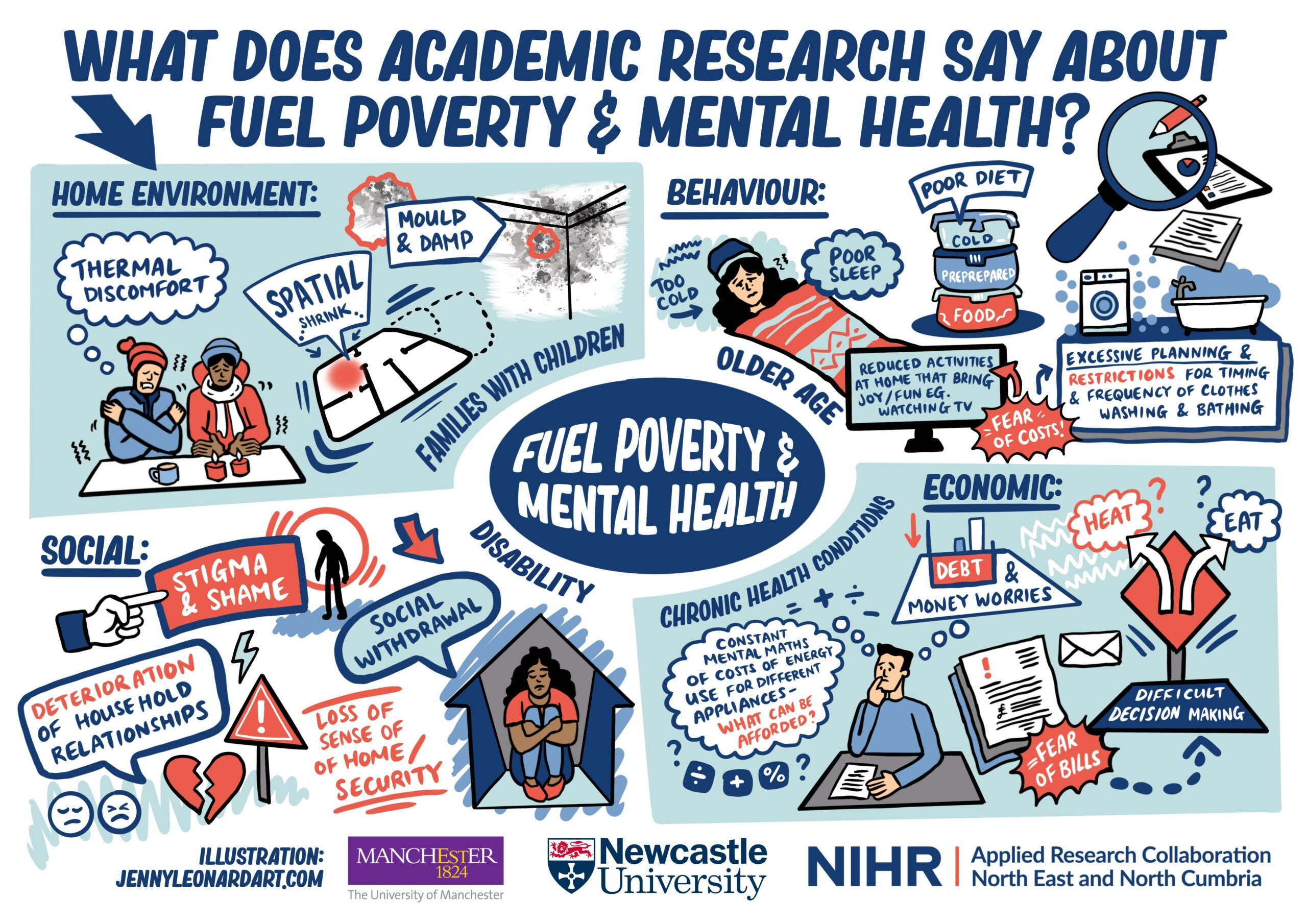
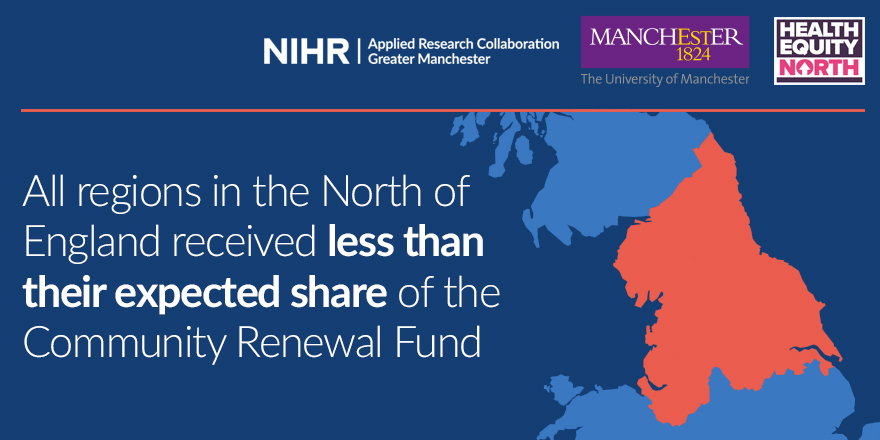

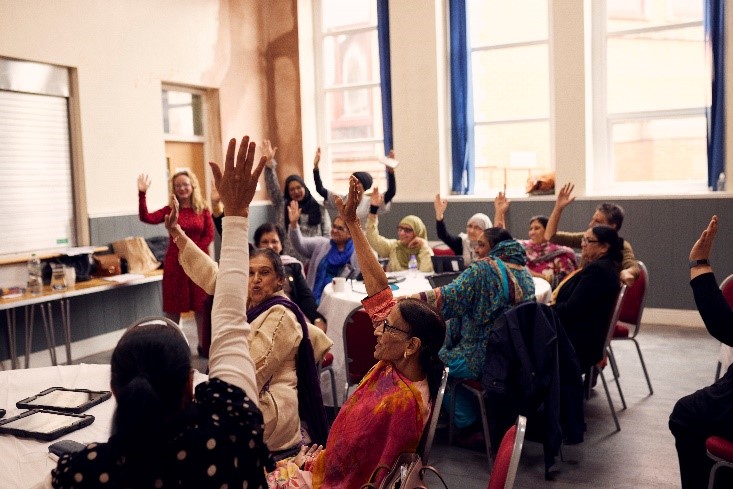 s are disproportionately affected yet under represented in research studies.
s are disproportionately affected yet under represented in research studies.
